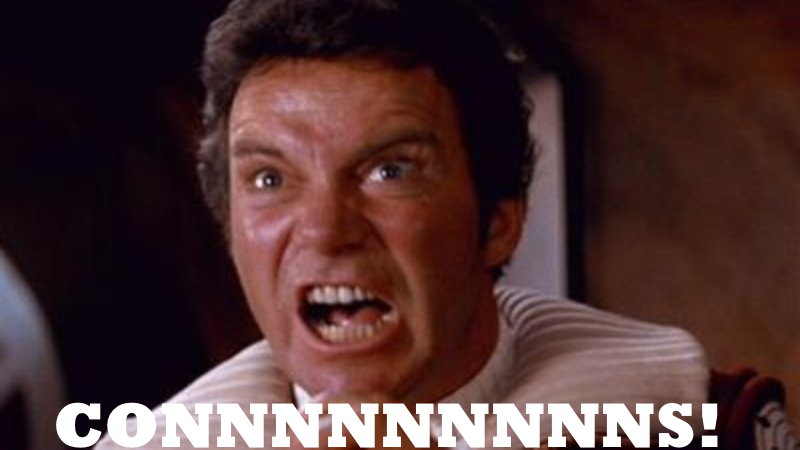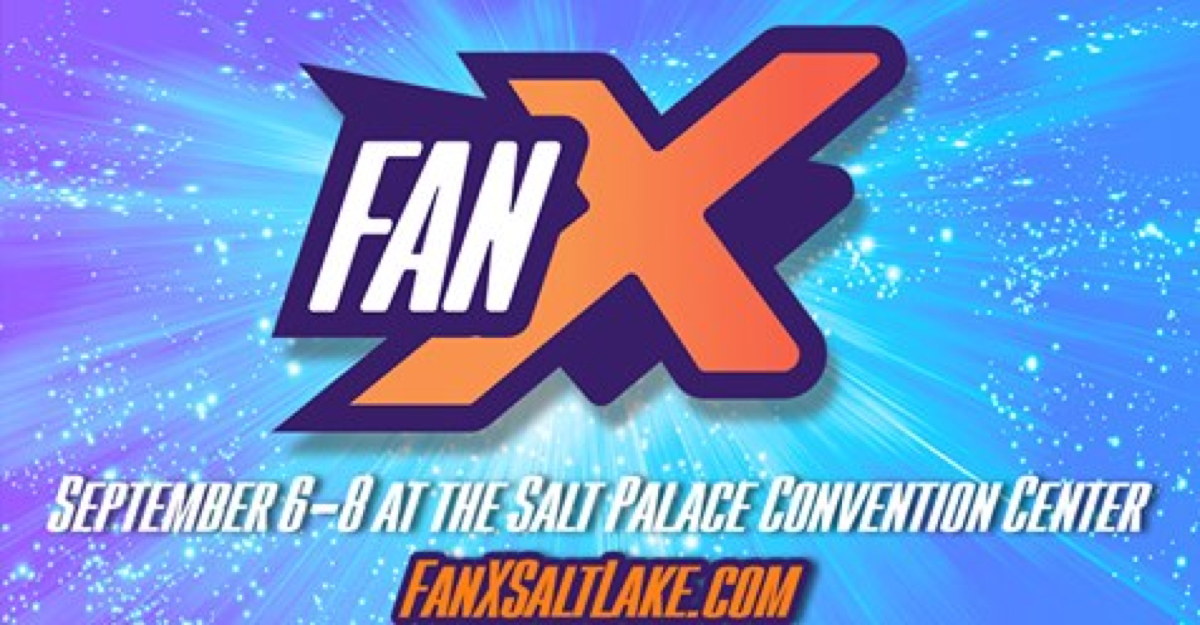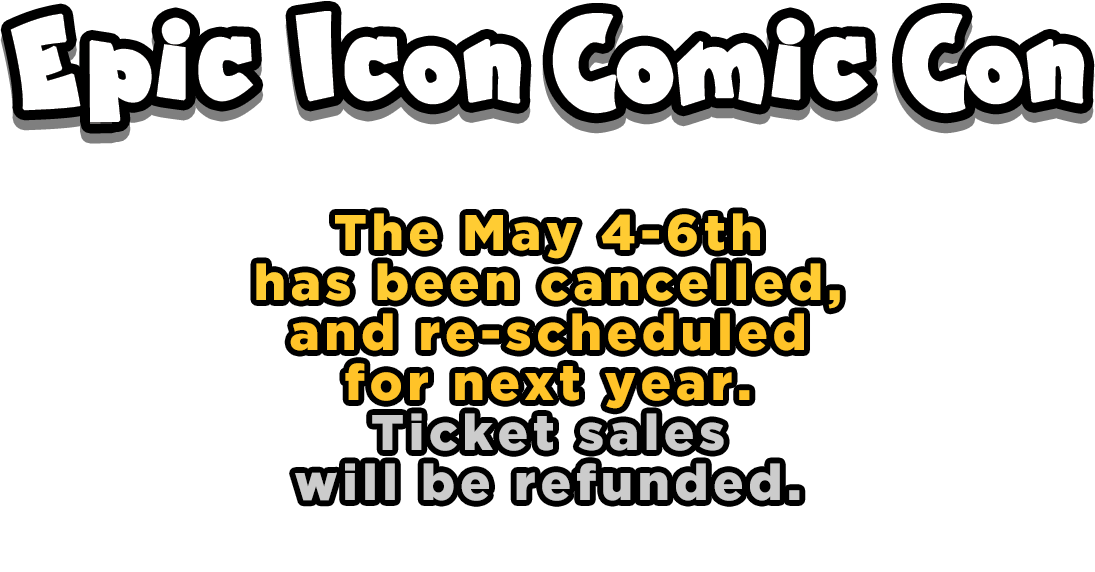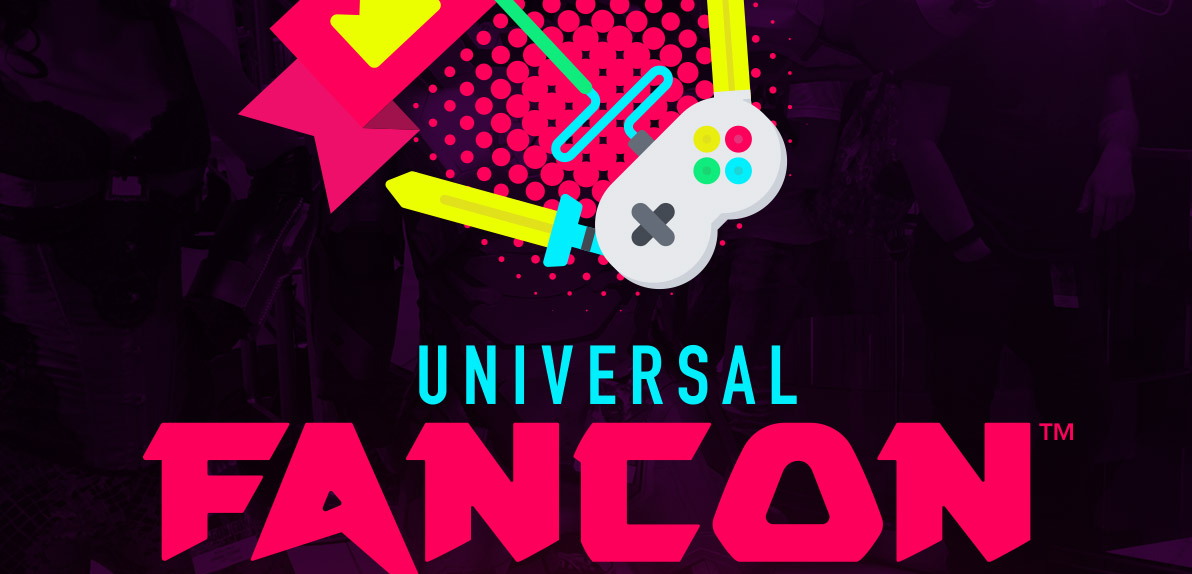The other day The Beat was the first to report that LA’s Epic Icon Comic Con had been cancelled a week out. The two sites that cover such #confails have also weighed in with some new information.
PopCultHQ’s April Carvelli has done a thorough investigation that I would call must reading, especially for looking at how the ticket service Eventbrite handles such cancelled events. Organizers have said they will refund tickets but just how that works isn’t totally clear. Ticketholders can request a cancellation via Eventbrite, but the event organizer must still approve such transactions, according to Carvelli. Also, the money is held in a kind of escrow:
If the organizer used the Eventbrite payment system, then the money is still in Eventbrite’s control. Per Eventbrite, they will start processing the organizers payout 4-5 days after the event ends, then process a bank transfer for the amount minus fees. If the event went through, then the organizer won’t see the money for about two weeks after the event.
While the EICC FB page says everyone should just ask for a refund via Eventbrite, this won’t refund photo and autograph ops. And no one has gotten a refund yet for EICC accoridng to the FB postings.
Even more odd, Carvelli was unable to discover just who was actually throwing this con:
This is a first year convention and we have no idea who was running it. They could be a complete newcomer to the con scene, or a repeat con artist, we just don’t know. I could not find any business registered under the name Epic Icon Comic Con. According to Eventbrite, the event is organized by “Greatest American Heroes.” Interestingly there is/was an event on Eventful listed for the the same weekend and location called “Greatest American Heroes Comic Con.”
Thee were no comcis guests fr this “comic con” and very few vendors. No one has stepped forward as an organizer, and some people are wondering if this con was ever really going to happen.
Nerd & Tie’s Trae Dorn also looks at the cancellation and the overall cost of these sorts of disasters:
Look, if you’re cancelling your show with only a week or two beforehand, you should probably get out of the convention running business. I mean sure, there are exceptions where bizarre events conspire against organizers, but nine times out of ten last minute cancellations are due to money issues.
And these are money issues that organizers should have seen coming.
Running conventions is expensive — and yes, cancelling is often better than running yourself into the ground if you can’t afford it. But one thing I usually tell people (and call it out in my articles on how to start a convention) is that if they can’t afford to lose every penny they put into a convention, they shouldn’t start one. Even if you still go in and risk it, you should know a couple of months beforehand based on admissions pre-sales and social interactions how your numbers are going to be.
And if you cancel several months ahead of time, vendors can find alternate shows, guests can book other appearances, and people can cancel travel plans.
In the case of both Universal Fan Con and, seemingly, Epic Icon Comic Con, organizers knew more than a week out that things were going south. It is at best extremely irresponsible and at worst outright unethical to let things go so far that vendors and attendees are stuck with travel plans and empty weekends. Even the signing celebs are inconvenienced, although they seem to be used to the more fly by night aspect of this.
I know everyone wants to go to a comic con and meet Doc Brown in person, but if I could give one piece of advice to fans: if it is a first year con, especially at a major venue, make sure the company that is throwing it is has a good reputation and financial backing. Easier said than done, I know.
Not all their show are perfect, but CCI, ReedPOP, Wizard World, Informa, MAD Events, Atomic Crush and Leftfield are all responsible companies that handle things professionally. There are other smaller outfits and good show runners here, but it pays to do a little research.
But with the explosion of “comic cons” and pop culture events, it’s hard to know who’s who and what’s what. I don’t think it should be on the consumer to research the ownership of every event they want to attend.
The truth is we need to weed out more of the con artists and scammers who are infesting the con business. But how? Some kind of Better Business Bureau for cons has been suggested but it’s difficult to implement. Maybe Yelp for cons?
For now a word of mouth system exists. As word of being ripped off spreads, suspicion will be cast on even legit event organizers, making cons harder to throw. The more #confails there are, the more such events will be cast into the “possibly shady” category in consumer’s minds. And that hurts everyone.









Perhaps some of these cons should not shoot to be at the same level as Wizard? I feel like they are imploding because they want to be pop culture events rather than comic conventions.
Then again, I’m old and I think of cons as convention basement events with tables and long boxes of old comics.
Yeah, I kind of forgot about those old hotel ballroom conventions I used to go to as a kid until I saw Tom King tweet at one he was attending last weekend. I guess they’re still around! But a first year con, especially one in a city that already has several huge cons, should not be booking a convention center!
Now I just need to figure out if there are any cool hotel cons in my area.
Good article, thanks for chasing this story down.
I’m going to a con later this month that’s been around for three years: 3 Rivers Comicon, replacing the now-defunct Pittsbugh Comicon. Put on by a local business, New DImension Comics, it’s hosted in a (near-abandoned) mall just outside Pittsburgh, stocked with artists and comics vendors, and puts on a party for con-goers complete with a beer brewed by a local brewery. They started small and continue to grow; I figured I’d highlight a good, growing, very fun neophyte con of which people should be aware.
No one in the show running business wants to see a show fail. It happens but it should happen less. Doing your best not not over extend yourself and to not over promise is a very good start. And Heidi is right, if you can’t afford to take a loss, which most events will in the first year or so, then maybe running a con isn’t for you. If it was easy, everyone would do it…
That said, the other really good way to try to avoid failing is to seek out advice. Reach out to those who have experience. Consulting is part of what we do at Atomic Crush Events. Sometimes it’s just as important to know what NOT to do as it is to know what TO do. More successful shows equals a healthier convention industry.
Comments are closed.